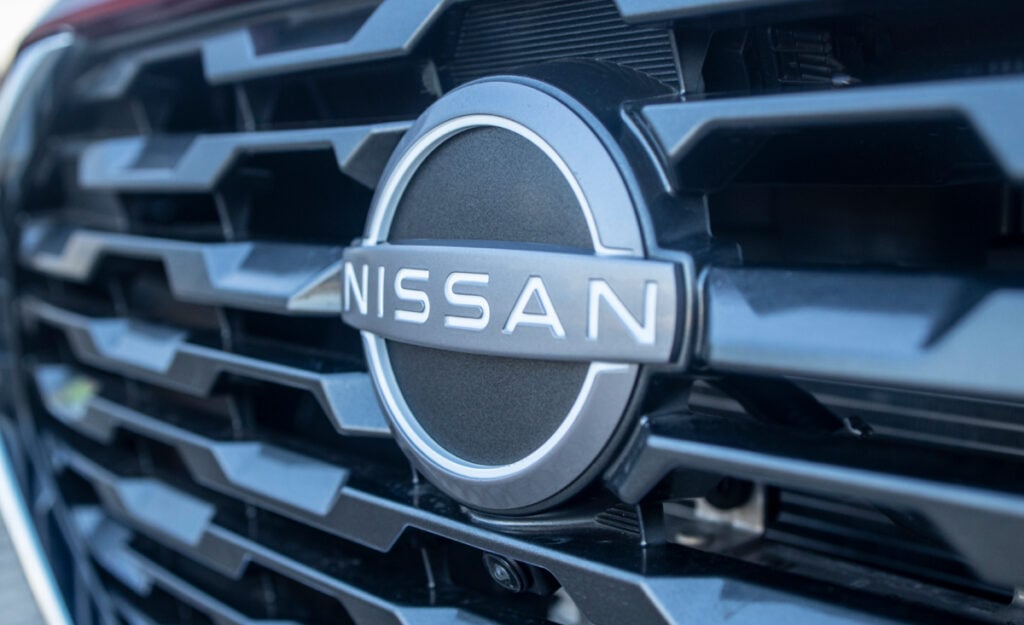How Shell’s exit will impact the South African petrol industry

Major fuel retailer Shell has confirmed that it is exiting the South African market after 122 years on local soil.
The petrochemical conglomerate operates some 600 service stations and forecourts across the country through its Shell Downstream South Africa (SDSA) subsidiary.
“Shell has decided to reshape the Downstream portfolio and intends to divest our shareholding in Downstream South Africa. Considering Shell Downstream South Africa’s well-known history, this decision was definitely not taken lightly,” pokesperson Pam Ntaka told SABC News.
“During this process, we will work to preserve Shell Downstream South Africa’s operating capabilities, maintain the Shell brand presence, and secure the best possible outcome for our people and customers in South Africa.”
No cause for alarm
Peter Morgan, CEO of the Liquid Fuels Wholesalers Association of South Africa, stated in a CapeTalk interview that he believes Shell’s departure will have little impact on the domestic fuel industry.
The expert expects that Shell will likely leave behind a smaller sub-brand in the country called Viva Energy and retain a minor stake in the fuel franchise while finding an outside investor to take on majority ownership.
Viva Energy is one of Australia’s top fuel retailers and enjoys the sole rights to sell Shell-branded petrol, diesel, and lubricants in the Oceanic nation.
Should Viva come to South Africa, it will likely take over Shell’s well-established infrastructure and continue serving its clients without too many hiccups along the way.
Morgan referred to other petrochemical giants who made similar moves in recent years that barely so much as caused a ripple in the industry, including Caltex’s rebranding to Astron Energy.
The CEO contends that Shell’s departure has nothing to do with the country’s equity laws and that divestments of this nature are common “for all the oil majors throughout Africa.”
This follows reports that the energy company’s motivation to exit South Africa is partly due to an alleged dispute between it and its BEE partner, Thebe Investments Corporation.
“If you look at Shell, they actually gave their head office in Johannesburg to the ANC,” said Morgan.
“So, I don’t understand how people can say that Shell is fed up [with the country’s equity laws] if they were doing things like that.”
A possible rationale for the exit could be the fact that local refineries have fallen behind international refineries in terms of the quality of fuels they produce, and it would be too expensive to upgrade the Shell/BP-owned Sapref refinery accordingly.
Years ago when fuel standards across the globe were being improved, the South African government and car engine manufacturers were locked in negotiations over who will flip the bill for upgrading domestic refineries to enable them to produce the cleaner propellants.
“That discussion was never finalised, so unfortunately, the refineries have to upgrade at their own cost and they have to import various components at their own cost,” said Morgan.
“I think this pressure point in the return on investment in the South African fuel industry, rather than anything to do with BEE, is why [Shell] was so comfortable to shut their refineries down.”
Be that as it may, Morgan’s message for all South Africans is “don’t panic.”
It is unlikely that fuel prices will be impacted and stations closed down after Shell’s departure, he said.











